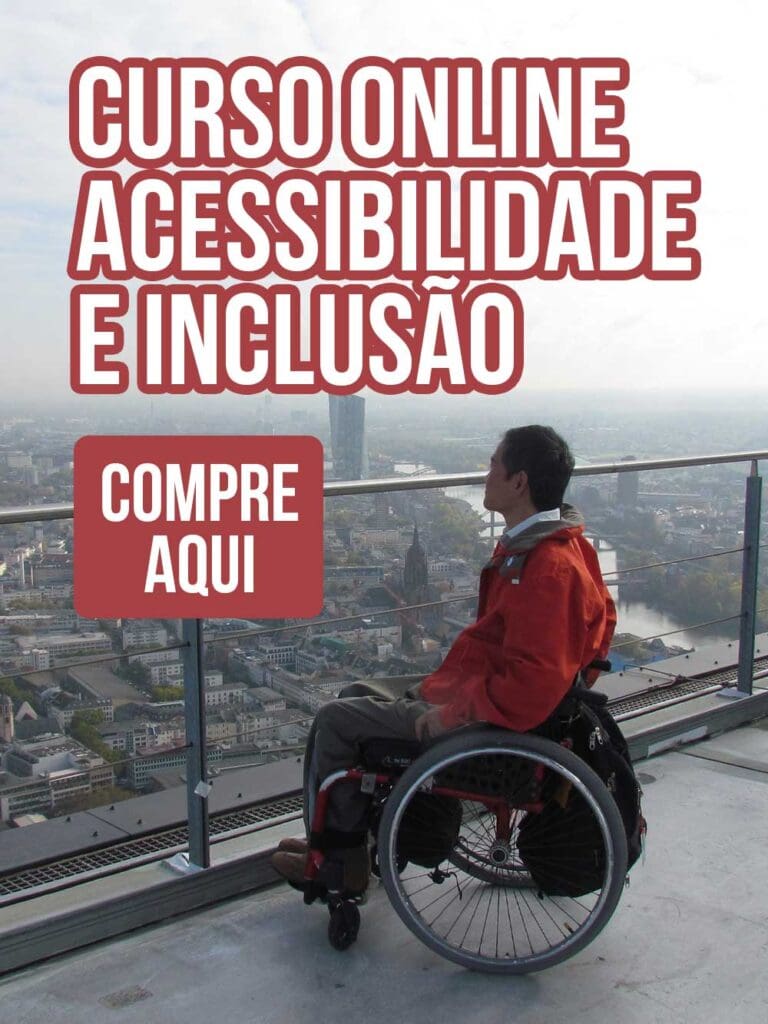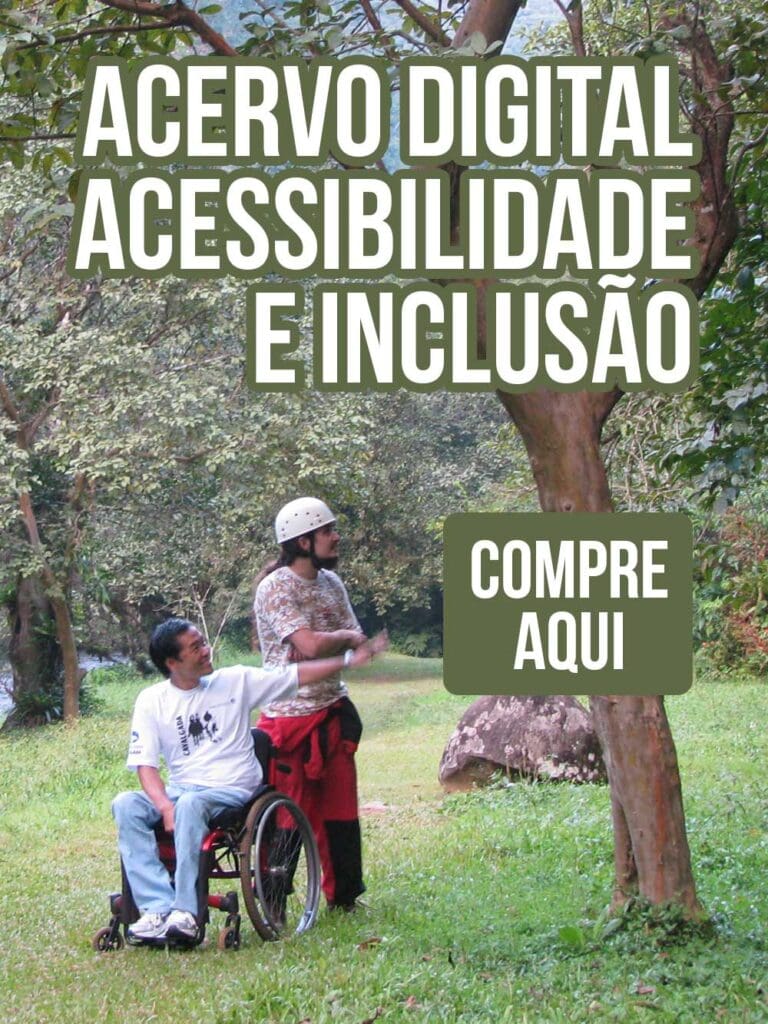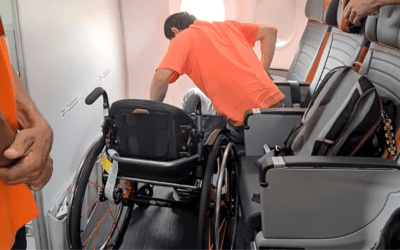
Planning A Cruise When You Have A Disability
Yadi Mark, who uses a wheelchair, frequently travels and loves sailing the open sea. She will embark on her 16th cruise this summer with her husband, children and grandkids.
What’s the appeal? “Affordable pricing, unpacking once, seeing multiple destinations, dressing up for dinner, great entertainment and the wheelchair accessibility of the ship,” said Mark. She circumvents the aggravation of flying and often departs from the nearby New Orleans port.
Demand for cruising has increased 68% in the past decade, according to the Cruise Lines International Association’s (CLIA) 2016 State of the Cruise Industry Outlook, and people with disabilities find the industry is improving their services. But savvy travelers need to be informed regarding policies and potential obstacles before booking a cruise.
If you or a companion have a disability, choosing the right cruise and planning in advance are imperative to getting the most from your vacation. Before scheduling a trip, follow these eight tips:
- Choose the Right Ship
Not all cruise ships are the same — even within the same line. Generally, newer ships are better, especially for passengers with reduced mobility. However, as older vessels undergo refurbishments, many update their features to enhance access. For example, a ship might install automatic doors or add accessible restrooms in the public areas so guests don’t have to trek all the way back to their stateroom.
Small details make a difference. Are the menus available in Braille? Will a scooter fit through the guest room doorway? Does the ship have sign language interpreters? Many of the answers can be found on the cruise line’s website (use the search terms “special needs” or “accessibility”). Carefully review the policies. Some require guests with disabilities to travel with a caregiver. And many of the services available for passengers with disabilities must be arranged 30 or 60 days prior to a trip.
Just like hotels, ships have a limited number of accessible cabins, which are designed for those with mobility disabilities. These rooms can accommodate the turning radius of a wheelchair and offer a roll-in shower. Passengers who fraudulently book these rooms will be moved.
Most cruise lines have a department that can answer special needs questions. For example, Carnival’s Guest Access Team can provide general information about accessibility. This cruise line has accessible routes marked throughout their ships, accessible seating at dining venues, accessible staterooms and accessible public restrooms. Typically, once a cruise is booked, guests with disabilities fill out a special needs form which asks about the equipment they are using and assistance which may be required.
- Consider Hiring a Pro
Of course, you can book a cruise yourself. But hiring an agent who specializes in accessible travel ensures that all your needs will be met. A knowledgeable agent is familiar with all the cruise lines and their ships, port access at destinations and if accessible excursions are available. Travel agents can also coordinate accessible transportation from the airport to the ship, book accessible hotel rooms pre- and post-cruise, organize accessible shore excursions and rent medical equipment.
Some travel agents specialize in assisting travelers with a particular disability. For example, Kristy Lacroix, owner of Wheelchair Escapes, initiated her business when she couldn’t find the accessible travel assistance necessary for her husband, who uses a power wheelchair. Her first-hand knowledge of mobility struggles and experience aboard 65 cruises makes her an expert on wheelchair-accessible travel.
- Look Into Joining a Group
First-time cruisers with disabilities might prefer traveling with a group. Organizations such as the Multiple Sclerosis Foundation and the Amputee Coalition publicize cruises on their websites and in their newsletters. Another option is to participate in a group trip arranged by a travel agency.
- Check for Mobility and Health Equipment
Cruising involves a great deal of walking, both in port on sightseeing ventures and onboard along lengthy ship corridors. If you have difficulty walking long distances, you might want to rent a scooter or wheelchair and have it delivered to your cabin.
Ships carry a small number of wheelchairs onboard, which are reserved for emergencies and cannot be borrowed. If you are bringing your own mobility equipment, have it serviced prior to traveling. Replacing a part mid-cruise can be difficult.
Providers, such as Special Needs at Sea, rent a laundry list of medical equipment, from wheelchairs and scooters to bed rails and liquid oxygen.
Passengers are required to store mobility equipment (wheelchairs, scooters) in their stateroom — never in hallways or public areas due to safety regulations. Read the guidelines concerning acceptable width and weight of mobility aids, including the types of batteries and chargers they require. For example, “scooters and wheelchairs weighing more than 100 pounds without the battery are not allowed to be transferred from the ship to tender and/from tender to shore” on Holland America Line, an online brochure says.
- See if the Ship Shuttles Passengers in Tenders
While ships can be quite accessible, the same is not always true for ports and shore excursions. When a ship pulls into a port of call, passengers cross a ramp to the shore. However, lack of dock availability or inclement weather means a ship anchors offshore and shuttles passengers to the port in small boats called tenders.
Passengers using mobility devices or who have trouble walking may not be allowed on the tender and might be stuck on the ship. Check the tender policies before booking a cruise. Some destinations always use a tender, so it may be wise to choose itineraries where they are not required to avoid disappointment.
The final determination whether a passenger may board the tender is made by the ship’s captain.
- Choose Destinations Carefully
Each cruise destination is unique and may present its own challenges — cobblestone streets, steps or stairs, no elevators, missing curb cutouts and lack of accessible restrooms. Transportation can be a major deterrent for people who cannot hop in a cab or on a bus.
Knowing the terrain of a destination and the mode of transportation available is a priority for slow walkers or those with reduced mobility. Select destinations where the attractions are within walking distance of the port, or arrange accessible transportation in advance of the cruise.
- Research Shore Excursions
Shore excursions are an optional activity sold by the cruise line for an additional fee. These activities range from a day of snorkeling and hiking to shopping a farmers market and touring ancient ruins. Many destinations do not have any accessible excursions.
Cruisers who need a wheelchair-accessible excursion can make arrangements through a travel agent or local tour operator before leaving home. Be aware that a customized private tour on an accessible van seating four to six people will be much more expensive than a bus filled with 40 passengers.
- Book Early
Accessible-cruising travel agents advise booking as much as a year in advance. Investigate all your options and consider using an experienced agent to guide your decisions — especially if you are new to cruising or recently disabled.
If you’re happy with the experience when it’s over, let the cruise line know you appreciates its accessible features by writing a letter or posting an online review.
Fonte: Forbes
Compartilhe
Use os ícones flutuantes na borda lateral esquerda desta página
Siga-nos!
Envolva-se em nosso conteúdo, seus comentários são bem-vindos!
Artigos relacionados
Acessibilidade no transporte aéreo. Atualização das regras.
Acessibilidade no transporte aéreo. Revisão da Resolução nº 280/2013 da ANAC através de consulta e audiência pública.
Inclusão no filme Wicked. Atriz cadeirante chama a atenção.
Inclusão no filme Wicked. Marissa Bode é uma atriz com deficiência na vida real, e sua deficiência não foi um impedimento para a atuação.
Diretrizes da ANPTUR para o Turismo Brasileiro
Diretrizes da ANPTUR para o Turismo Brasileiro. Acessibilidade é um dos capítulos desse importante guia orientador para o turismo.






0 comentários